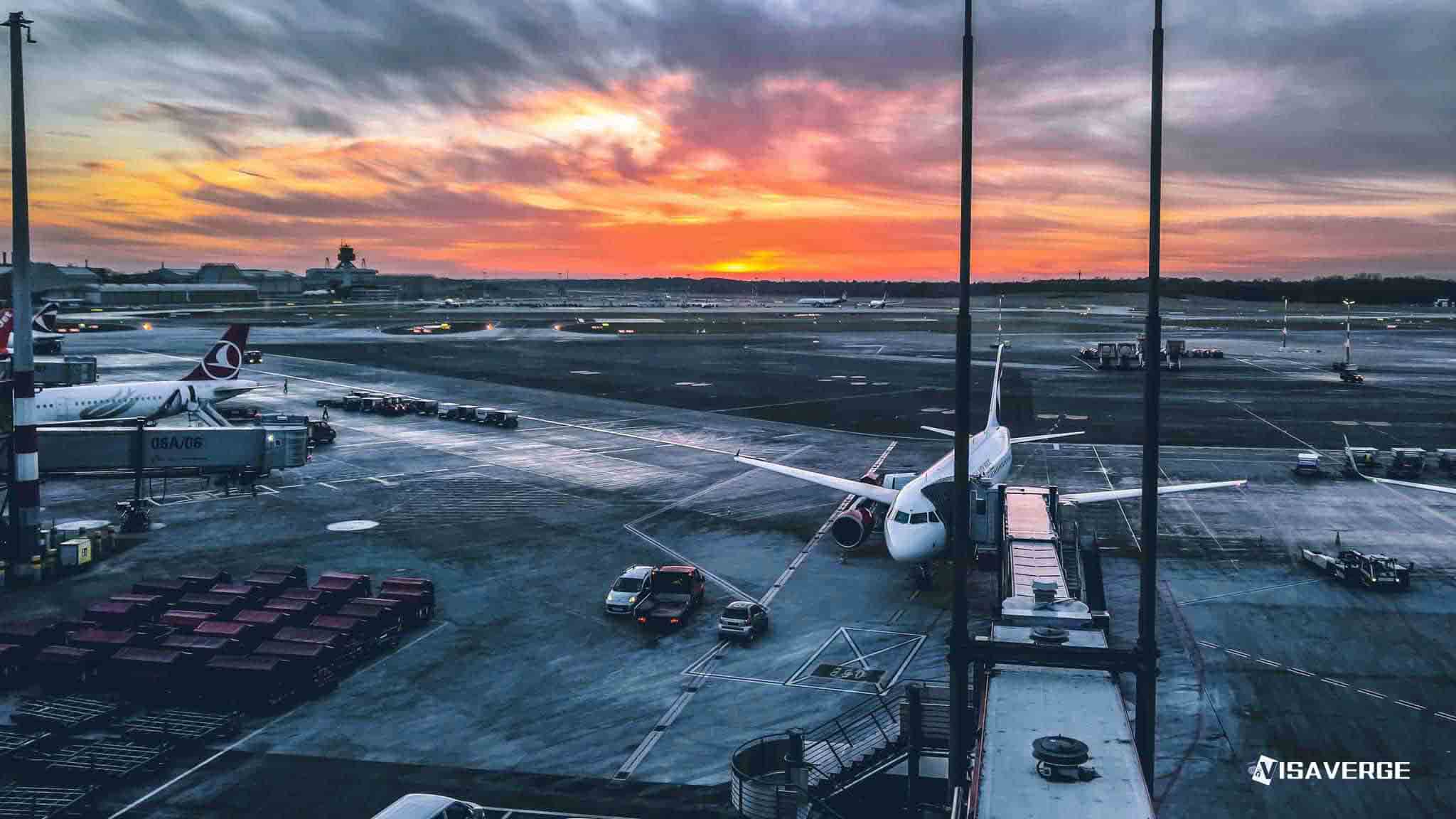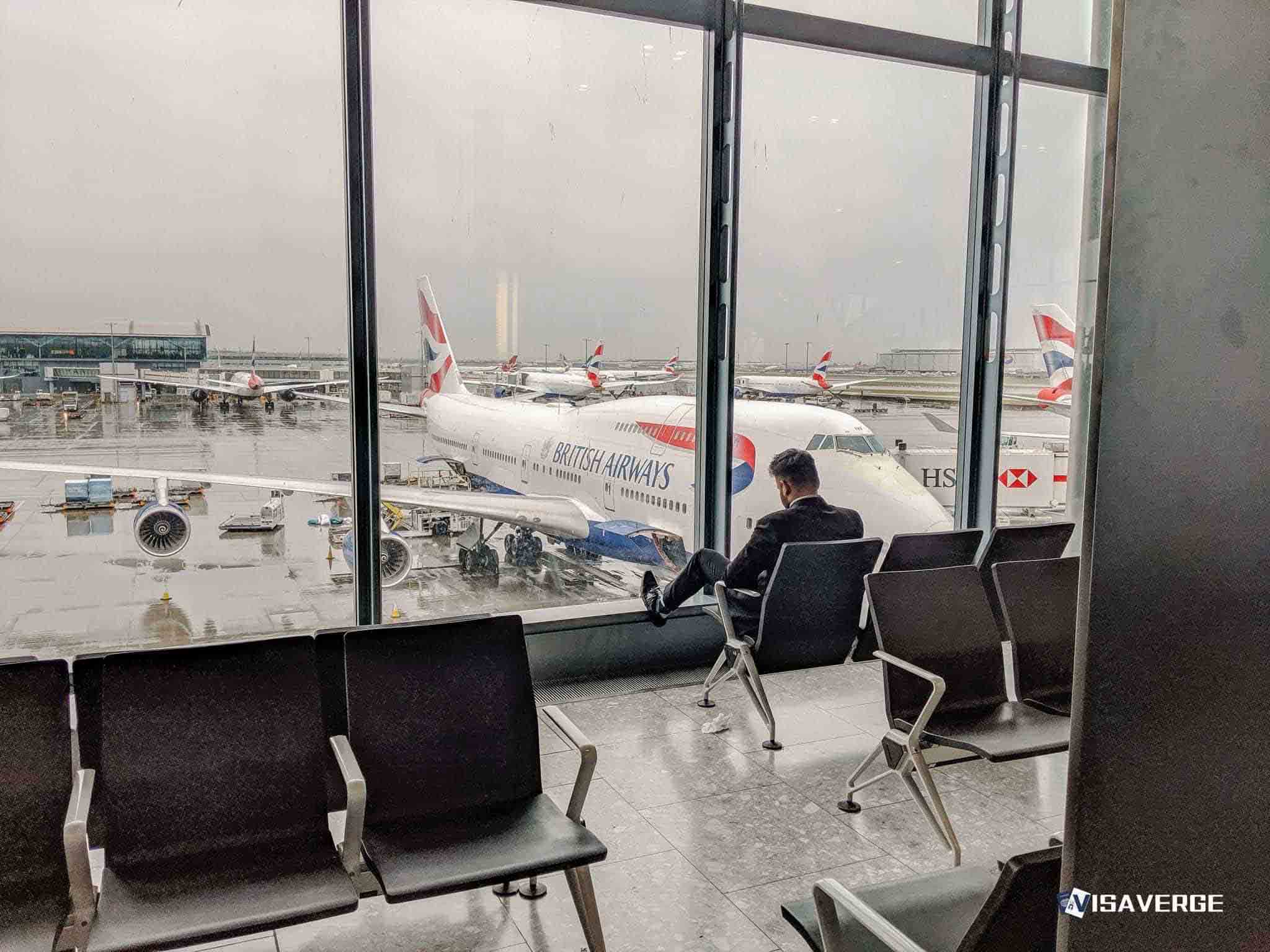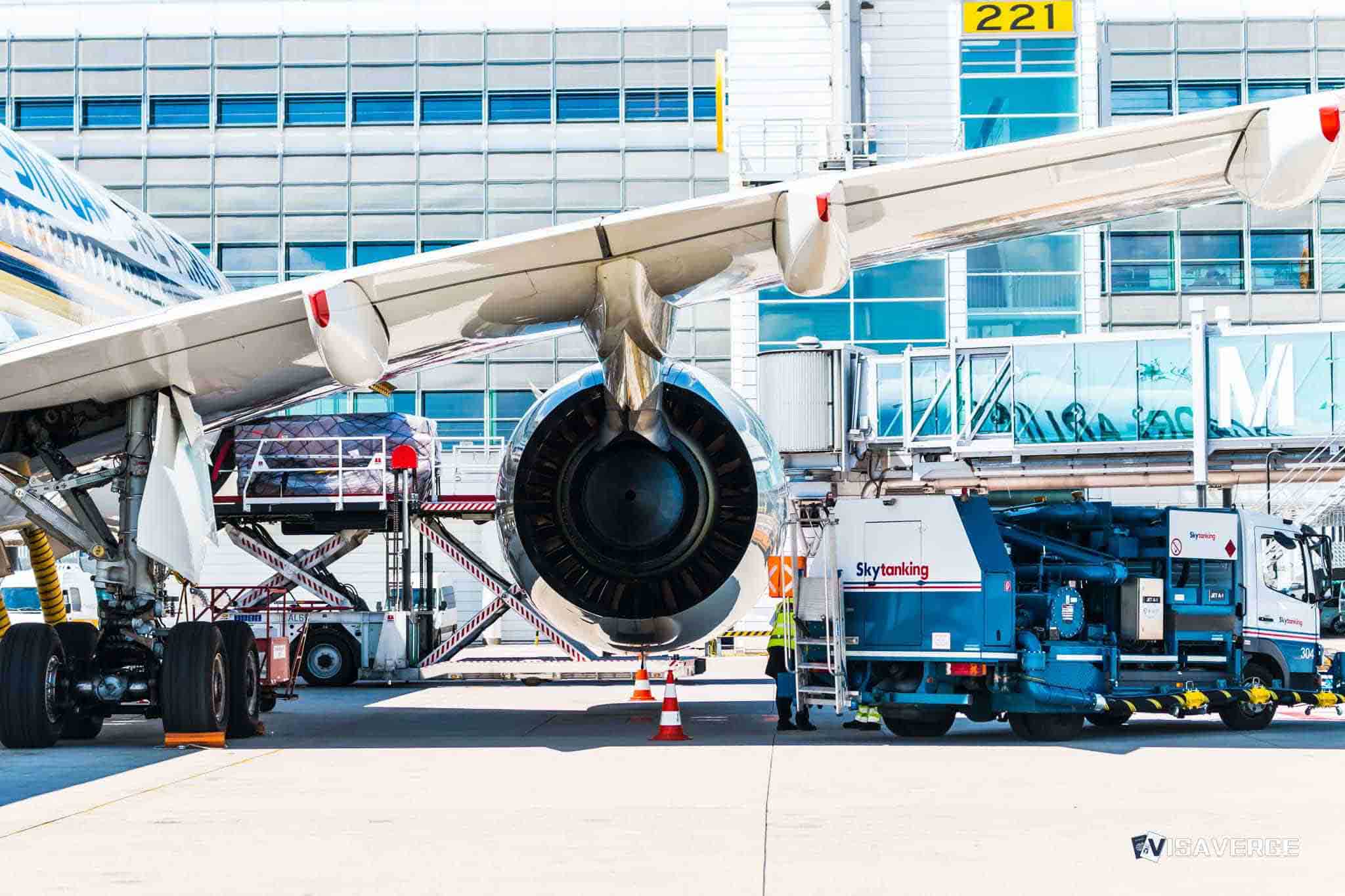Four years after the Taliban takeover of Kabul, Afghan families in the United States are marking the anniversary under a sweeping shift in policy that strips many of them of legal protection and blocks new arrivals. Since January, President Trump has suspended refugee resettlement, imposed a travel ban, and moved to end protections that thousands relied on to work and stay safe. The most far‑reaching change is the end of Temporary Protected Status (TPS) for Afghanistan, announced by Homeland Security Secretary Kristi Noem on May 12, 2025, and effective July 14, 2025.
DHS said it is “returning TPS to its original temporary intent,” citing what it called improved security and a stabilizing economy in Afghanistan, along with fraud and national security concerns. The decision affects about 14,000 Afghans who received TPS after fleeing Taliban rule, including evacuees from Operation Allies Welcome. Advocacy groups and legal experts strongly dispute DHS’s claims, pointing to continuing Taliban repression, targeted killings, and conflict that make return unsafe.

For Afghans with TPS, the stakes are immediate. Work permits tied to TPS were auto‑extended only through July 14, 2025. After that date, people lose protection from deportation and their right to work. Lawyers say some employers are already asking workers for updated documents they don’t have. The end of TPS also removes a buffer that helped people file strong asylum cases on a humane timeline; now, rushed filings and missed deadlines are more likely.
At the same time, thousands who entered on humanitarian parole have received notices of intent to remove, even while asylum or green card cases are pending. Community groups report that some parolees face expedited removal with as little as seven days’ notice, raising the risk of forced return to Taliban‑controlled territory.
“We hear one thing from the president, but we see something different, actually, in everyday life,” said Mohammad Rahimi of Afghan Family Services.
The administration’s broader restrictions come through two orders. On January 20, 2025, President Trump signed Executive Order 14161 suspending refugee resettlement. A later June 4, 2025 Proclamation fully bans entry for Afghan nationals, with limited exceptions: lawful permanent residents, existing visa holders, and certain national interest cases. Afghan Special Immigrant Visa (SIV) holders remain exempt from the travel ban and can still enter the U.S., but resettlement support and initial assistance have been frozen since January. The White House framed the actions as national security measures. The official policy summary is posted on the White House website: Fact Sheet: President Donald J. Trump Restricts the Entry of Foreign Nationals to Protect the United States from Foreign Terrorists and Other National Security and Public Safety Threats.
Policy changes overview
The State Department closed the Coordinator for Afghanistan Relocation Efforts (CARE) office on July 11, 2025, laying off 1,300 staff. Operation Enduring Welcome, the main Afghan relocation program, will end in September 2025. The shutdown has disrupted support for people trying to reunite with family or complete cases already in the pipeline.
According to the administration, Afghan SIV cases are still being decided “in the hundreds per week.” But without Reception & Placement services, even approved arrivals face a bare landing: fewer housing options, no structured casework, and gaps in access to basics during the first months. Community agencies have scrambled to fill the void with volunteer networks and local donations.
The refugee freeze is indefinite. More than 120,000 refugees with conditional approvals are stranded, and another 100,000 cases are stuck mid‑process. Families who had flight bookings saw them cancelled. Some have now lost crucial medical clearances and must start over if admissions resume. The “One Big Beautiful Bill Act” further tightens access to social services and health care for refugees and immigrants, adding pressure on those who do make it to safety.
In public remarks, President Trump has said the United States should honor promises to Afghan allies. But advocates and former military translators say current actions contradict that message. Shawn VanDiver of the #AfghanEvac coalition said the administration appears to view Afghanistan as a “political problem” and wants to “wipe their hands of it.”
Impact on applicants
For those already in the U.S., the calendar is unforgiving. TPS holders who did not secure another pathway by July 14, 2025 now face loss of status and work authorization. Before the cutoff, employers could accept an EAD and the Federal Register notice as proof of work eligibility; that window has closed. People with pending asylum or other cases should speak with licensed attorneys about next steps as soon as possible, especially if they receive any removal notice.
Humanitarian parolees need to watch their mail and email closely. A notice of intent to remove is time‑sensitive. Many community groups urge people to:
- gather proof of identity
- collect evidence of threats or harm under Taliban rule
- compile documents that show ties in the United States
- keep copies in a safe place
Many legal advocates report a surge in emergency intakes after the June Proclamation: “We’re hearing from families every day who fear a knock at the door.”
SIV applicants can continue their visa process, and those issued visas may travel. But the loss of structured support means new arrivals should contact local resettlement agencies and Afghan community groups early to plan for:
- housing
- school enrollment
- basic needs
Volunteers report heavy demand for temporary rooms and rent help. Without federal reception funds, the first weeks can be the hardest.
The situation also brings a wave of family separation. With the travel ban in place, Afghan spouses and children stuck abroad cannot board flights unless they fall into a narrow exception or hold SIVs. For some, medical conditions have worsened during the wait. For others, security conditions have made hiding a daily routine.
Responses and legal outlook
Secretary Kristi Noem defended the TPS decision by saying Afghanistan’s security and economy allow return. Advocates call that claim out of touch, citing ongoing:
- Taliban repression of women and girls
- arrests of journalists and civil society actors
- targeted killings of former security and government staff
Community groups have urged Congress to act, pressing for emergency protections and a legislative fix for those who helped U.S. forces.
According to analysis by VisaVerge.com, the combined end of TPS and the refugee freeze will push many Afghans to seek other forms of relief quickly, while leaving large gaps in work permission and basic support. Legal challenges to the travel ban and TPS termination are underway, but there is no clear timeline for relief. Attorneys caution families not to rely on court action alone and to keep paperwork updated.
Historical context and current reality
After the Taliban takeover of Kabul in August 2021, the United States airlifted tens of thousands. The Biden administration launched Operation Allies Welcome and created CARE to help Afghans rebuild lives in safety.
Starting January 20, 2025, the Trump administration reversed course: refugee admissions suspended, a broad travel ban imposed, TPS ended, and parole narrowed. The CARE program will close in September 2025 without a replacement announced.
For now, Afghans in the U.S. say the anniversary brings more fear than reflection. Some plan small gatherings, not to celebrate, but to share information: which lawyers still take cases, which clinics still see uninsured patients, which schools have interpreters. Others keep their phones on loud at night in case a relative abroad finds a rare safe window to call.
Key dates and figures (at a glance)
| Item | Date / Number |
|---|---|
| TPS termination announced | May 12, 2025 |
| TPS effective end | July 14, 2025 |
| Executive Order 14161 (refugee suspension) | January 20, 2025 |
| Afghanistan entry Proclamation | June 4, 2025 |
| CARE office closed | July 11, 2025 |
| Operation Enduring Welcome ends | September 2025 |
| CARE staff layoffs | 1,300 |
| Afghans with TPS affected | 14,000 |
| Refugees with conditional approvals stranded | 120,000+ |
| Additional cases stuck mid‑process | 100,000 |
If you need this reorganized for a handout, legal clinic memo, or community bulletin (short checklist, printable flyer, or translated versions), tell me which format and audience and I will prepare it.
This Article in a Nutshell
Four years after Kabul’s fall, U.S. policy reversed: TPS ends July 14, 2025; refugee resettlement paused and travel banned, leaving thousands without work authorization, support, or safe reunification options amid urgent legal and community responses.







